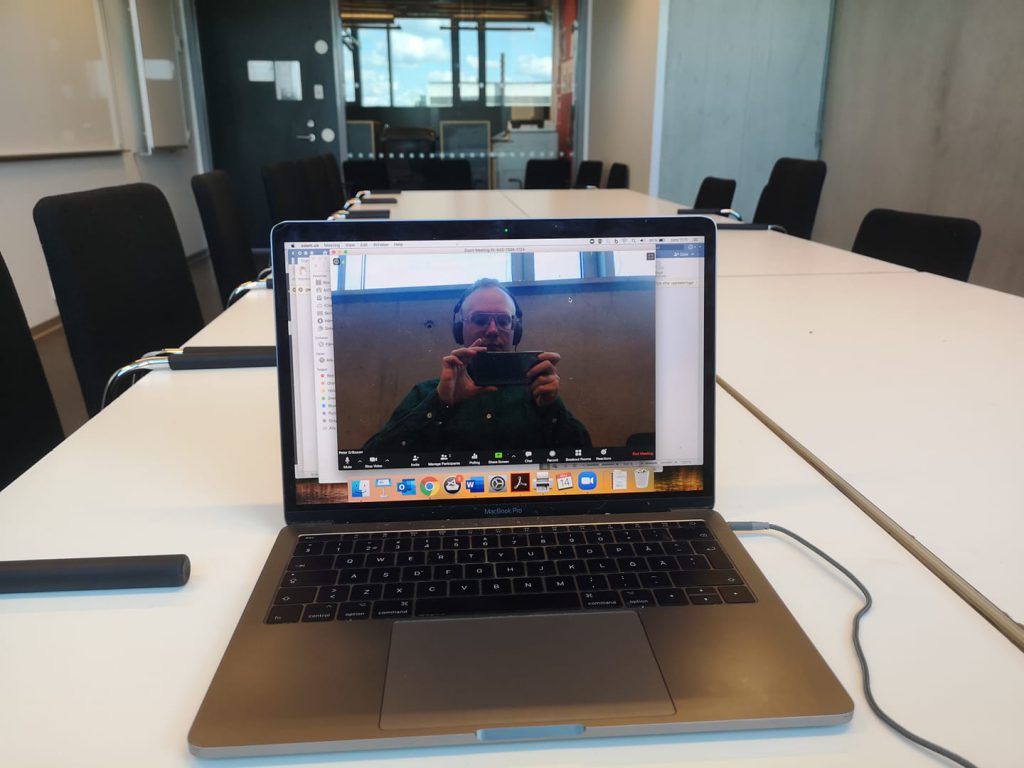In this post the editor of this blog, Peter Eriksson, reflects upon a year of forced digitalization and what positive outcomes there might be from this experience.
When I was accepted as PhD-student in 2018 I would never have guessed that part of my PhD-studies would have to be done from home due to a pandemic. Looking back on the past year I sometimes see frustration, from the difficulties with archival studies in a time when all the archives were closed as well as having to redesign all of my teaching from campus to digital. But with this forced digitalization I think that are lessons to be drawn for how the humanities can work in the future and that this experience perhaps speeded up a development that was already in the making.

Yesterday I partook in a yearly conference that was arranged by Bielefeld University, York University and the Swedish national graduate school in history (hosted by Lund University). This was my second time at this conference, where PhD-students gets to meet colleagues from the partner universities, present their thesis project and get feedback from each other. New for this year was the digital format where we in smaller groups discussed each other’s projects which worked splendidly well. This format does however according to me also opens up for interesting new possibilities. One example of this is the possibility for newly accepted PhD-students to attend such as a conference without presenting since it is no longer any travel expenses. This could perhaps be a good way to “de-dramatize” the concept of conferences and also give interesting learning opportunities on how to structure a conference presentation.
During the past year I have also seen a growth in so called “zoom coffees” where people from different universities and departments can meet. This is for example the case within another research school I am active in, where one from their desk can meet and talk to colleagues around the faculty. In the concept of international collaborations our new digital habits open up for similar benefits where people can meet basically across globe and hence make research more international. One last positive outcome of this “forced digitalization” is also the explosion of live streamed seminars where one as a researcher can visit different research settings and communicating first hand with researchers one otherwise never would meet.
All in all, I do not believe that “the digital” university or PhD-education are here to stay in its current form where 100 precent of the teaching and research-collaborations are done in a digital format. However, it is my hope that this crisis has helped develop the digital competence of a generation of researchers and that these researcher even after the crisis is over takes the change to create hybrid-platforms and so on, where both the digital and physical meetings bring forward new knowledge.
